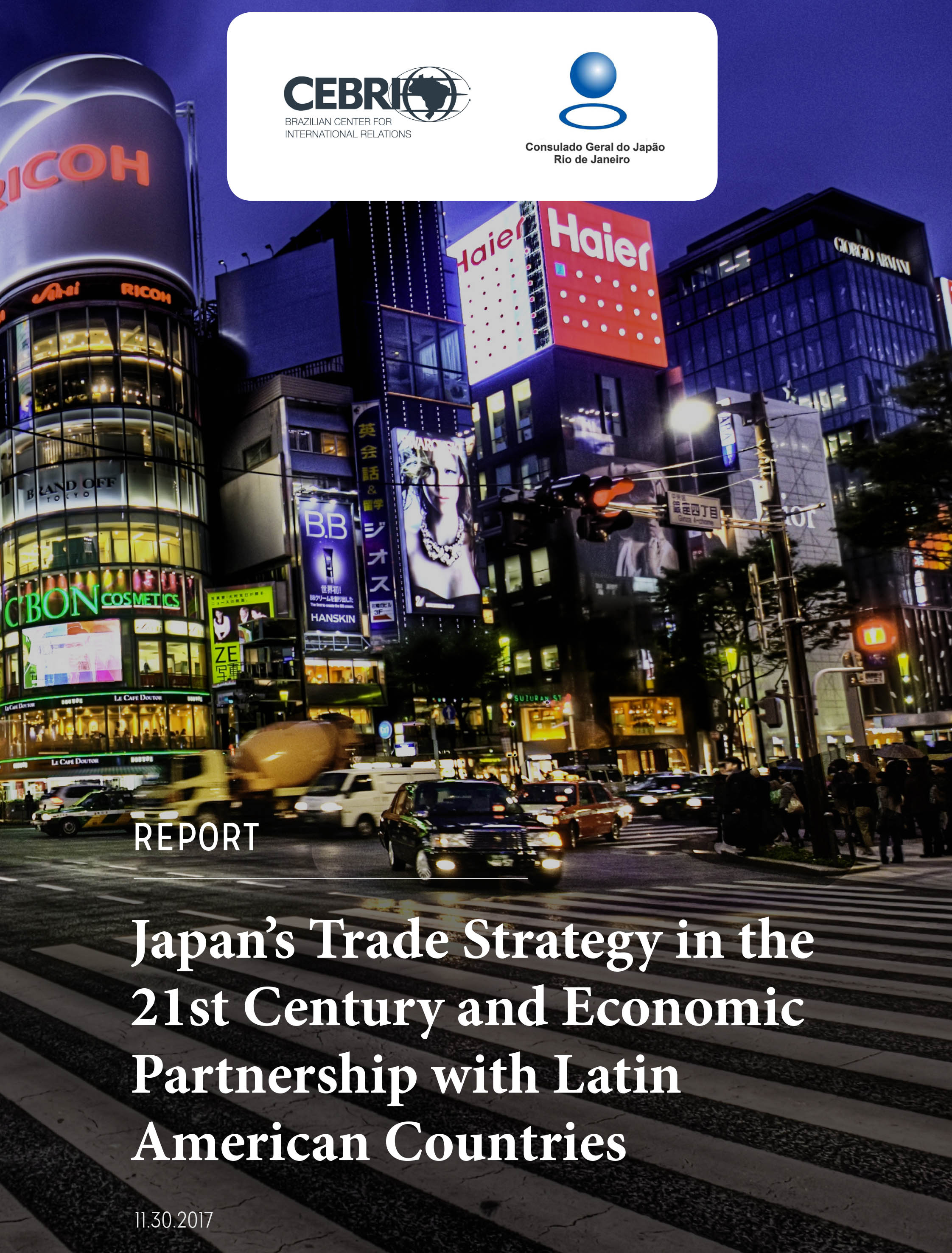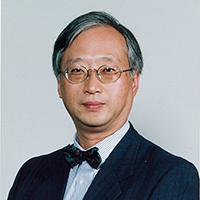Reports
Japan’s Trade Strategy in the 21st Century and Its Economic Partnership with Latin American Countries
- 02 january 2018
On November 30th, 2017, the Brazilian Center for International Relations (CEBRI) hosted a fruitful debate with Dr. Yorizumi Watanabe, Professor at Keio University in Japan, in partnership with the Japanese Consulate in Rio de Janeiro. Professor Watanabe emphasized Japan’s strategy of negotiating bilateral Economic Partnership Agreements with countries in Asia and beyond, complementing its liberalization commitments under the World Trade Organization (WTO). In this respect, participants reiterated Brazil’s strong interest – particularly in the private sector – in negotiating such an agreement with Japan; recommending, thus, the creation of bilateral mechanisms and working groups aimed at studying this possibility.
From the outset, the Professor emphasized Japan’s active engagement with multilateral trade, since the signing of GATT and continuing under the WTO. Since 2001, however, Japan has adopted a consistent strategy of complementing its trade liberalization efforts through the negotiation of regional and bilateral preferential agreements. In Asia, Professor Watanabe highlighted the strategic importance of the Regional Comprehensive Economic Partnership (RCEP), which encompasses about 28.5% of global trade, connecting ASEAN members with Japan, China, South Korea, India, Australia and New Zealand. The RCEP’s significance comes from its potential to promote the unification of regulations in the region, contributing to a "de facto business-driven integration" through the unification of Asian supply chains.
On November 30th, 2017, the Brazilian Center for International Relations (CEBRI) hosted a fruitful debate with Dr. Yorizumi Watanabe, Professor at Keio University in Japan, in partnership with the Japanese Consulate in Rio de Janeiro. Professor Watanabe emphasized Japan’s strategy of negotiating bilateral Economic Partnership Agreements with countries in Asia and beyond, complementing its liberalization commitments under the World Trade Organization (WTO). In this respect, participants reiterated Brazil’s strong interest – particularly in the private sector – in negotiating such an agreement with Japan; recommending, thus, the creation of bilateral mechanisms and working groups aimed at studying this possibility.
From the outset, the Professor emphasized Japan’s active engagement with multilateral trade, since the signing of GATT and continuing under the WTO. Since 2001, however, Japan has adopted a consistent strategy of complementing its trade liberalization efforts through the negotiation of regional and bilateral preferential agreements. In Asia, Professor Watanabe highlighted the strategic importance of the Regional Comprehensive Economic Partnership (RCEP), which encompasses about 28.5% of global trade, connecting ASEAN members with Japan, China, South Korea, India, Australia and New Zealand. The RCEP’s significance comes from its potential to promote the unification of regulations in the region, contributing to a "de facto business-driven integration" through the unification of Asian supply chains.


